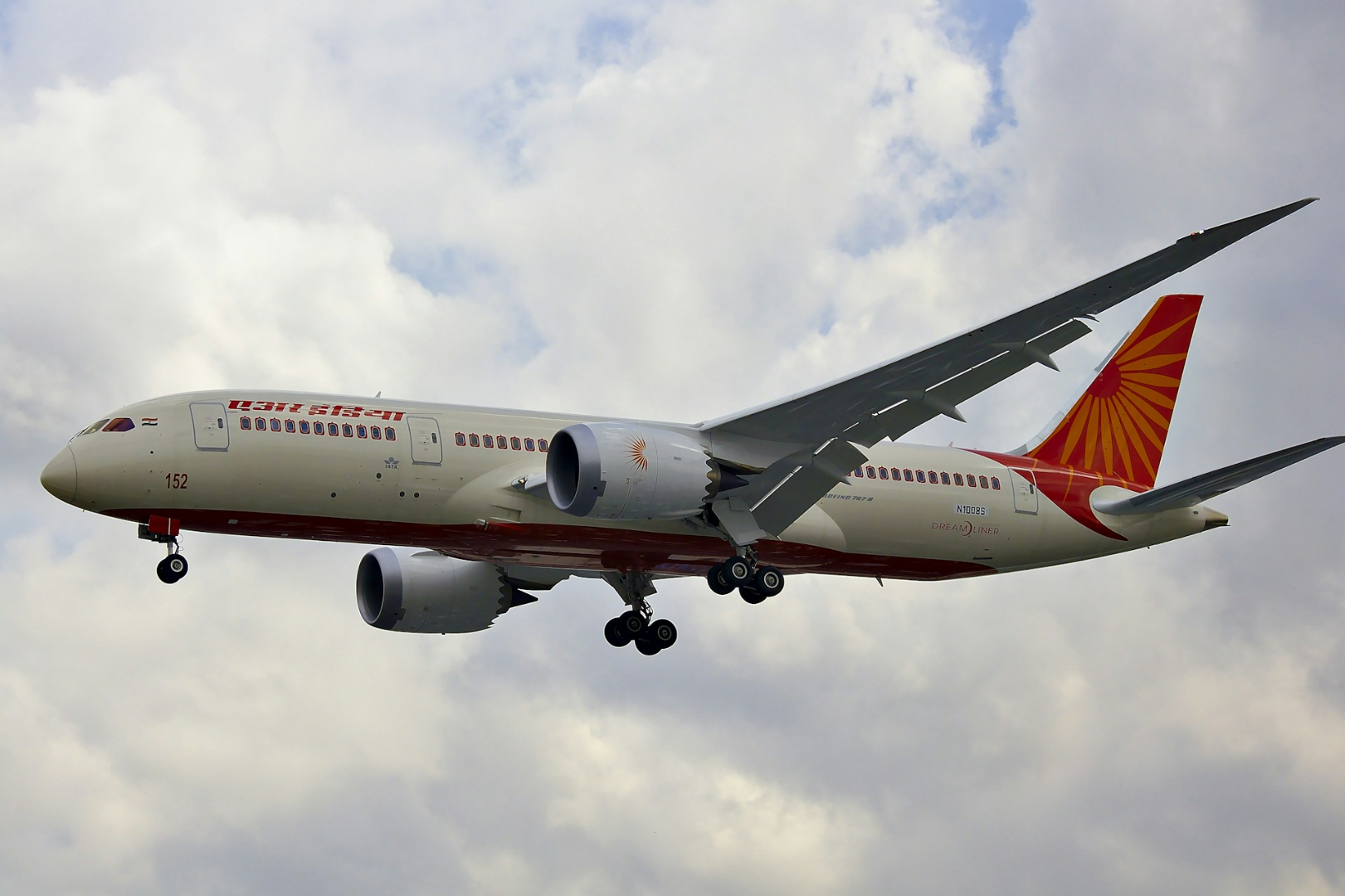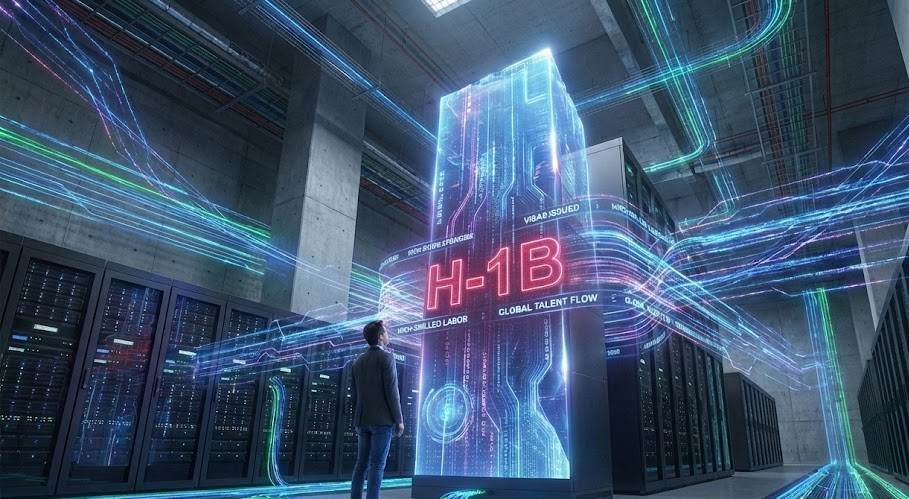(Utah) Senator Mike Lee (R-Utah) has sparked a fresh fight over the H-1B program, asking on X whether it’s “time to pause H-1B visas” after online rumors accused Walmart of paying bribes to favor Indian tech workers over Americans. As of August 26, 2025, the program remains active, and no law or rule has paused or suspended H-1B visas. But the public push from a Utah lawmaker, paired with fast-spreading claims on social media, has raised worries among foreign workers, students, and U.S. employers who rely on the visa to fill skilled jobs.
The claims at the center of the storm began on anonymous forums, including Blind and Reddit, and were echoed by a user calling himself an “H-1B whistleblower” on X. The posts accused Walmart of a “massive fraud” tied to H-1B hiring. Walmart rejects that. The company says a recent internal probe led to the termination of one vendor and a small number of U.S.-based associates and had “nothing to do with H-1B visas.” No credible evidence has surfaced to prove the bribery story. Still, the uproar has already shaped the political debate and put extra attention on how large employers use the visa.

Lee’s question follows harder-line comments by Rep. Marjorie Taylor Greene, who called for ending H-1B visas for Indians. It also comes alongside new threats from President Trump to impose tariffs on Indian goods, arguing New Delhi’s purchase of Russian oil hurts U.S. interests. Former White House aide Stephen Miller has pushed broader criticism of India’s trade and migration practices. Together, these messages show how fast immigration and trade can mix in election-season talk, sometimes with little proof to back up the punch.
Program status and official signals
Despite the noise, no pause is in effect. The H-1B program remains fully operational.
- Annual cap: 65,000 visas under the standard quota, plus 20,000 for U.S. advanced degree holders.
- FY 2024 share: Indian nationals accounted for about 70% of approved H-1B visas, according to USCIS data.
- Filing and status: Employers continue to file petitions, and workers already in H-1B status keep their jobs and status if they follow the rules.
Policy talk has picked up. USCIS leadership has discussed reforms that would give priority to higher-wage roles, moving away from a pure lottery toward a wage-based selection. While such ideas have circulated for years, no formal rule has been issued to change how selections are made.
For the latest official guidance on H-1B, USCIS maintains a detailed page at https://www.uscis.gov/working-in-the-united-states/temporary-workers/h-1b-specialty-occupations. That page controls over social media claims and rumor.
The Walmart episode highlights a broader trend: labor market stress and tech layoffs make the visa a political target again. Critics say companies cut Americans and then hire H-1B workers at lower pay. Supporters respond that H-1B workers fill hard-to-staff jobs, drive research, and boost local hiring across teams. Both narratives cycle when the economy cools. What is new is the speed at which unverified stories jump from niche forums to mainstream politics.
Impact on workers and employers
For now, the practical picture is clear:
- No pause in effect: H-1B, F-1, and OPT programs continue as usual. Consular and USCIS processing remain open.
- Cap unchanged: The law still sets the cap at 65,000 plus 20,000 for U.S. master’s and PhD holders.
- Registration timing: The FY 2026 H-1B registration is expected to open in March, with results in April, unless the government announces a different schedule.
- Expect closer review: Some petitions may face tougher questions on job duties, wages, and demonstrated need.
- Compliance requirements: Keep wage, worksite, and public access files in order; report material changes; and track status deadlines.
Students and families
Students often feel the effects first. An Indian graduate on OPT who landed a job at a mid-sized software firm may fear a sudden policy swerve more than a layoff. A rumor like the Walmart bribery story can trigger panic inside chat groups that many students rely on for advice. Families back home worry, too, because one work visa often supports many people. Even talk of a pause can push workers to change plans, delay travel, or rush filings — increasing stress and the likelihood of mistakes.
Employers and hiring
Employers face their own squeeze. A startup in Utah trying to recruit a niche machine-learning engineer may not find a U.S. worker fast enough. If it files H-1B, it must:
- Show the job requires a degree.
- Pay the correct wage for the role and location.
- Follow posting and recruitment rules.
Larger employers typically run regular audits, train managers not to ask risky questions about status, and coordinate with counsel before layoffs that could affect visa holders. That playbook helps companies respond when politics turns up the pressure.
Diplomatic and market effects
India is a key partner for the United States in tech and higher education. Sharp talk about tariffs and visas can ripple into hiring plans, campus decisions, and business deals. It can also nudge both sides to seek quieter fixes — for example:
- Faster work permit options for spouses
- More university partnerships
- Clearer wage and enforcement rules
Markets often react to tone as much as to law, and companies with global teams watch statements closely.
Misinformation dynamics and guidance
This story is also about how misinformation spreads: anonymous posts, then viral threads, then a senator’s question — each step adds perceived weight even if facts are thin. That is why Walmart’s denial matters, and why careful attribution is key.
Advice for applicants and HR teams
- Stick to official updates and trusted legal sources.
- Many employers are already reviewing job descriptions and wage data to prepare for possible wage-based selection, even while current rules stay the same (VisaVerge.com reports on these preparations).
- For H-1B workers and sponsors, three immediate steps help:
- Document the job’s degree requirement, core duties, and exact worksites.
- Confirm wage levels are correct for each location and keep public access files current.
- Plan for travel and status timing with backups in case of RFEs or slow consulates.
None of these steps depends on politics — they are basic compliance that reduce risk regardless of the policy debate.
What to watch next
Keep an eye on three markers that would change the picture:
- Congressional action: If Congress moves a bill, the language will likely track wage priority or higher enforcement.
- Administrative rulemaking: If the administration issues a rule, expect a notice-and-comment period with detailed timelines.
- Judicial involvement: If courts get involved, expect months of briefing before anything changes on the ground.
Until then, the daily reality is steady: employers can hire, workers can extend, and students can seek H-1B after OPT.
The H-1B program has been part of U.S. law since 1990, and every election cycle revives a version of this argument: does the visa fill real gaps, or does it hurt local workers? There’s room to improve wages, oversight, and fairness without freezing the pipeline. A pause would be a blunt tool with wide fallout for campuses, companies, and families.
For now, the law is unchanged, and the facts of the Walmart story remain unproven.
This Article in a Nutshell
After viral, unproven allegations that Walmart bribed to hire Indian H-1B workers, Sen. Mike Lee asked whether to pause H-1B visas. As of August 26, 2025, the program remains active with no suspension; Indians made about 70% of FY2024 approvals. Employers and applicants should follow USCIS guidance, document compliance, and monitor potential legislative or administrative changes.








